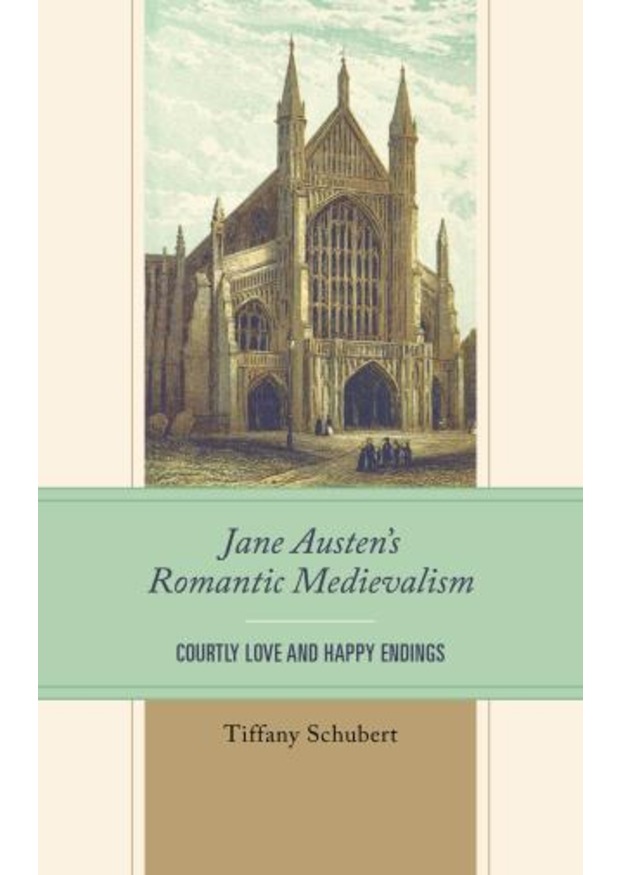Courtly Love and Happy Endings
While Jane Austen is often regarded as an author who embodies Georgian refinement and restraint, this book argues that her work was deeply engaged with the medieval tradition of courtly love and its investment in happy endings. Revealing the influence of romance on Persuasion, Emma, and other novels, this study provides new insights into Austen’s narrative style, representations of gender, and complex interest in happiness as both an affective and moral state. As Austen reimagines courtly love in her own idiom, she upends traditional gender roles, portraying women not as fine ladies but as rational creatures. Drawing on the structures of Christian narrative, she also illuminates the centrality of providence as a virtue that bestows grace on her characters, offering them deliverance and happiness. To be sure, Austen famously ironizes romance, criticizing emotional excess and downplaying conventionally romantic scenes. This study nonetheless finds creative power in her irony, showing how Austen’s critique of romance is rooted in the paradoxes of Christian theology, which allow for both human suffering and divine order. In reframing key ethical and generic conventions of the medieval past, Austen’s ironic, providentially arranged romances educate readers into wisdom and joy.
Reviews
Schubert’s study explores the complex relationship of Austen’s world to the medieval courtly love tradition through a broad and deep explication of both Austen’s ironic use of the tradition as well as the alignment of her novels with the deep structures and values of Christian romance. This exceptionally well-informed and moving study allows the reader to delve among the golden roots of Austen’s imaginative world, following Schubert’s sure guidance and erudition.
— Laura White, professor of English, University of Nebraska-Lincoln
In redefining courtly love and applying tests of chivalry to both sexes, Austen showed advanced thinking as well as deep continuity with her often-ignored predecessors. Tiffany Schubert’s study integrates an understanding of medieval romance literature and philosophy with a sympathetic and illuminating reading of Austen’s novels and letters. It takes us outside the box of most Austen criticism.
— Eric Nye, Emeritus Professor, University of Wyoming













